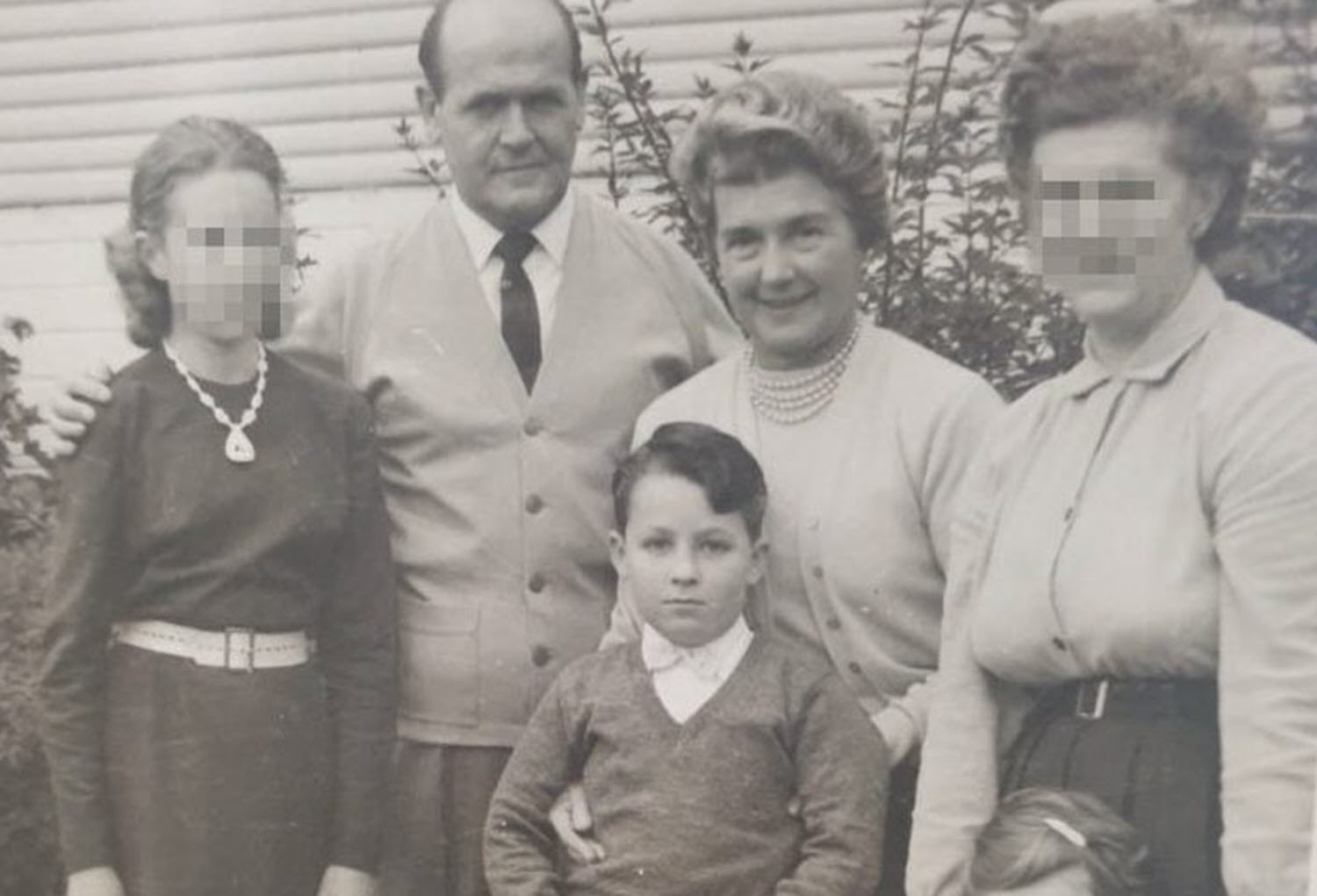
As per the current regulations in Queensland (QLD) and Western Australia (WA), we are unable to display certain information about our legal services to people residing in those states. If you are located in QLD or WA, please click on this link to access information on foster care abuse law.
At Kelso Lawyers, foster care abuse is an issue close to our hearts. Our founder and principal, Peter Kelso, is a former NSW State Ward who grew up in foster care, away from his natural family. He understands the pain and suffering experienced by countless children who have grown up in the welfare system.
Over the last century, many thousands of children across Australia have been removed from their families and placed into foster care. It was the Government’s job to supervise these placements and to ensure the children were happy and safe.
Unfortunately, these foster placements were often the furthest thing from safe.
Many children have been subjected to horrific physical and sexual abuse by their foster families. Some children reported the abuse, only to have their complaints dismissed or ignored by caseworkers. Others were unable to speak up because caseworkers only interviewed them in the presence of their abusers.
In some cases, caseworkers ceased monitoring the placements altogether, leaving children with nowhere to turn and nobody to talk to.
Concerning reports about placements and carers were often put in the ‘too hard basket’ with caseworkers unwilling to investigate and risk having to go through the process of finding an alternative placement for the child involved. They were more concerned with their workload than with the safety of the children they were supposed to be caring for.
If you were abused in foster care, you may be entitled to compensation. We have pursued cases for State Wards against every State and Territory Government in Australia.
Many survivors do not speak up for a long time. They often fear retribution from the offender, or they will not be believed. Many blame themselves and live with feelings of shame and embarrassment that they should not have to carry. It is never your fault; often, the hardest step is to break the silence, reach out, find your voice and seek help.
The first step is to contact us for a free initial consultation. This can be done via our online form or by contacting us to request a phone call from our client intake team. Your information is confidential and will be treated with the utmost care and discretion.
Our solicitors will then review your information, and we will be in touch for a free consultation to discuss how we can best assist you. We will discuss all your options with you, which may include court action, alternative dispute resolution or the National Redress Scheme.
It is critical you get the right advice, as each option comes with various risks and benefits. You may cost yourself hundreds of thousands of dollars by not properly considering all your options.
If, after talking to us, you wish to proceed, we operate on a no-win-no-fee agreement, which we will explain in detail to you. Put simply, if we don’t successfully get you compensation, you won’t pay any legal fees.
74-84 Tudor Street
Hamilton NSW 2303
Mail: PO Box 1016 Hamilton NSW 2303
t: (02) 4907 4200
f: (02) 4929 1188
e: adminteam@kelsos.com.au
Liability limited by a scheme approved under Professional Standards Legislation. Legal practitioners employed by Kelso Lawyers are members of the scheme. Click here for our Disclaimer and Privacy Policy.